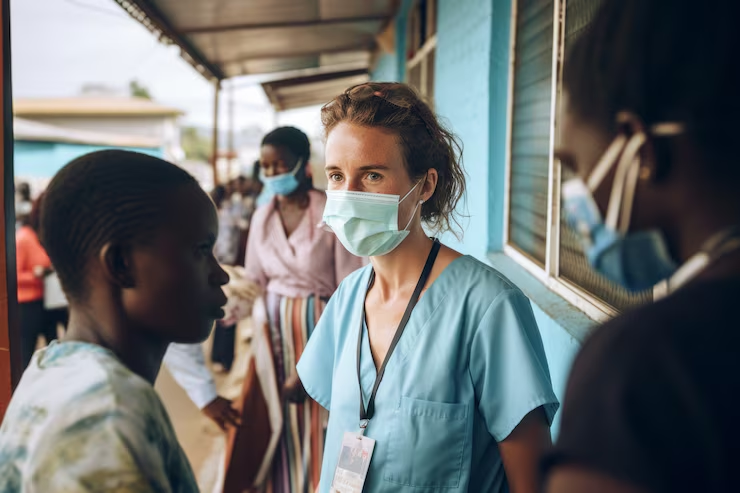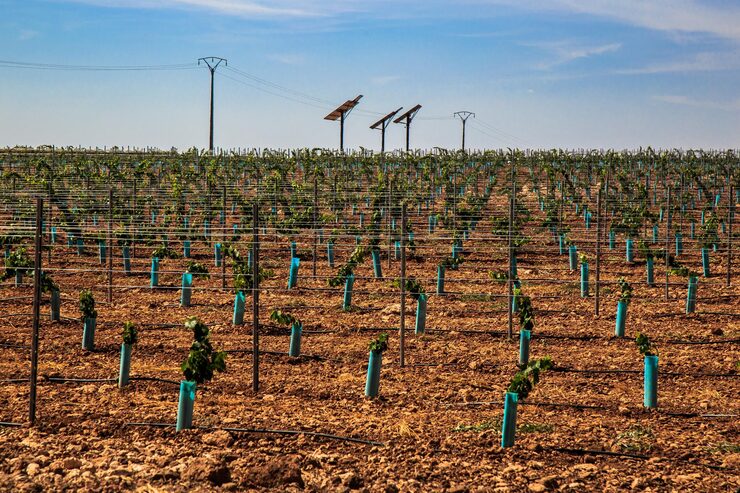
Education: Promoting Equity and Efficiency via Clean Energy
Education is a cornerstone of SZM’s mission to break cycles of inequality, as access to quality learning empowers individuals to shape their futures and contribute to community development.
Healthcare: Improving Access & Reliability Through Technological Advancement
SZM’s healthcare work is guided by a simple principle: every community, regardless of location or resource constraints, deserves access to reliable, high-quality medical care.


Climate Change Adaptation: Building Resilience With Solar & Sustainable Technologies
Climate change poses an existential threat to communities worldwide, particularly those in low- and middle-income countries that lack the resources to adapt.
Environmental Sustainability: Advancing Long-Term Ecosystem and Resource Stewardship
Long-term environmental sustainability is essential to SZM’s mission—without healthy ecosystems and responsible resource management, sustainable development and humanitarian action cannot be achieved.
